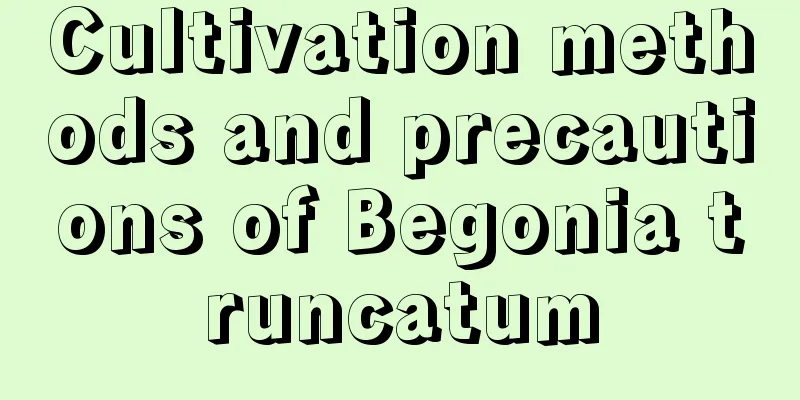How to grow succulent spider plants to make them more vigorous

Pearl Chlorophytum growing conditionsPearl Chlorophytum is highly adaptable and is not picky about soil. It prefers loose and fertile soil rich in organic matter. It grows best in a warm environment with high air humidity and strong scattered light. It is generally suitable for growing under medium light conditions and the suitable temperature for growth is 15-25℃. How to grow pearl spider plantThe cutting propagation of pearl spider plant can be carried out in spring and autumn. You can cut off a few sections as cutting materials. After that, choose sandy soil or other relatively loose soil as the substrate. After cutting, if all conditions are suitable, it will take about half a month to take root. Watering the Pearl ChlorophytumPearl spider plant is drought-resistant, but not water-resistant, so generally speaking, the potting soil should be kept slightly moist during its growth period. In winter, the potting soil needs to be kept slightly dry. Fertilizing Pearl ChlorophytumPearl Chlorophytum does not need to be fertilized too frequently. Generally, it can be fertilized appropriately during its growth period, and thin liquid fertilizer twice a month is enough. Pearl Chlorophytum Disease and Pest ControlA common disease of pearl spider plant is leaf blight, which mainly harms the leaves. It may be caused by too strong light. In addition to spraying pesticides, it is also necessary to move it to a slightly cooler place. Pests may include red spider mites, scale insects, etc., and their adults can be eliminated with quick-kill. How to grow pearl spider plant at homeThe soil for home cultivation of pearl spider plants needs to be fertile, loose, and well-drained, preferably sandy soil. The temperature should be between 15-25 degrees, and should not be lower than five degrees in winter. Place it in semi-shade or a place with weak light for maintenance. Water should be supplemented in an appropriate amount, and water should not accumulate. Pearl Chlorophytum care precautionsPearl Chlorophytum needs certain nutrients to grow. In addition to applying base fertilizer during planting, appropriate top dressing is also required during the growth period. Fertilization should be stopped after winter to prevent fertilizer from accumulating in the soil and causing fertilizer damage. |
>>: How to grow lover's tears so that they grow bigger
Recommend
Cultivation methods and precautions of Jianlan
Pot soil requirements Growing orchids requires si...
Knowing this little secret, the leaves of the money tree will not turn yellow even after 20 years and it will still grow wildly!
Watering Watering is the top priority in caring f...
How to propagate Magnolia by cuttings
1. Cutting time The best time for magnolia cuttin...
How to water hibiscus
Watering frequency During the growth period of hi...
What fertilizer is good for cucumber topdressing?
Cucumber topdressing time 1. Germination period: ...
Is bougainvillea a type of plum blossom? When does it bloom?
1. Is it a type of plum blossom? Bougainvillea is...
Medicinal value of green plum blossom
Medicinal value of green plum blossom Green plum ...
How to eat carambola? What are the taboos? What can't be eaten with it?
1. How to eat 1. There are many ways to eat caram...
Phalaenopsis orchid stem cutting method
Phalaenopsis is an indoor plant with great orname...
When is the best time to sow okra seeds?
Okra seed sowing time The sowing time of okra see...
Cultivation technology of white radish
As a popular vegetable with many benefits, white ...
How to breed jackfruit
How to propagate jackfruit: Bud grafting method, ...
Cutting propagation methods and precautions for yew
Reproduction method of yew Yew can generally be p...
Common species of red yew
Yellow-budded red yew The yellow-bud red Ruimu is...
"It" is everywhere, and many people don't pay attention to it, but flower-growing experts use it to grow flowers, and they still grow well without fertilizing!
No matter what kind of hobby it is, you actually ...









